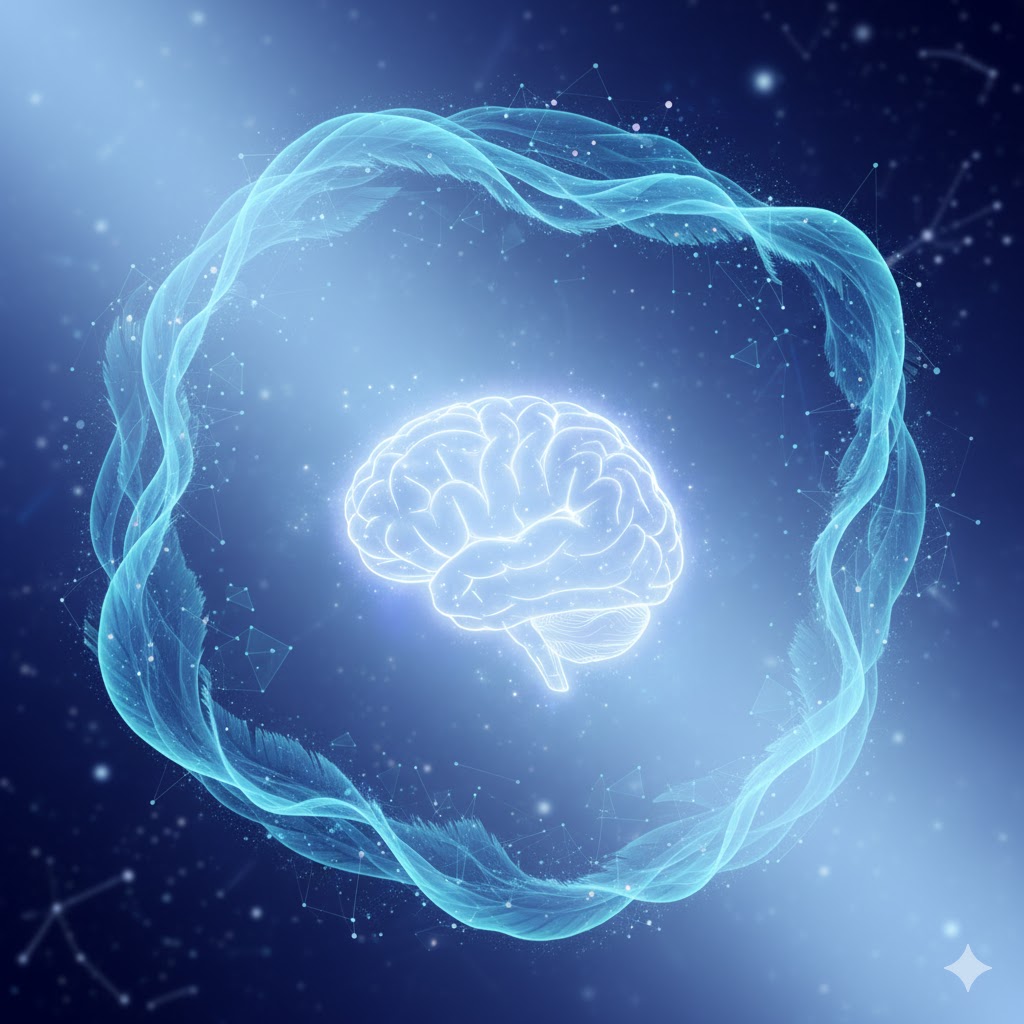The Role of Sleep in Emotional Recovery centers rest, insomnia, and healing in a way that feels practical, culturally aware, and search-friendly. Modern African wellness practitioners agree that consistent micro-habits transform how we process rest. By naming sensations and pairing them with intention, you build emotional literacy that lasts longer than any trend.
Clinical studies show that regulating rest lowers cortisol and improves memory recall. Translate that research into daily life by pairing sensory awareness, reflective questions, and supportive language that honors where you are right now.
Anchor the practice to cues you already respect—prayer times, calendar alerts, commute playlists, or meal prep. Build a short checklist—breath count, movement cue, gratitude line—to keep the habit honest. Protect the ritual on your calendar like you would any high-value meeting.
Share your insights with a trusted circle so collective accountability keeps momentum alive. End each day by noting one sensation, one gratitude, and one boundary you honored. This blend of personal responsibility and communal care is what keeps healing from feeling lonely.
Next steps: Move from reading to doing with Afritherapy resources—Therapists | Community | Marketplace | AfriTherapy MendAI | Events—each designed to deepen your relationship with sustainable mental wellness.





Comments (0)
Leave a Comment